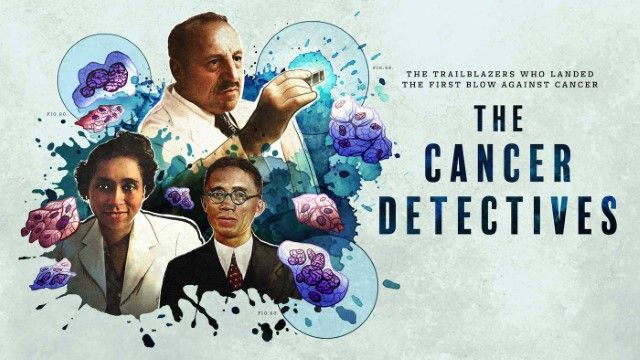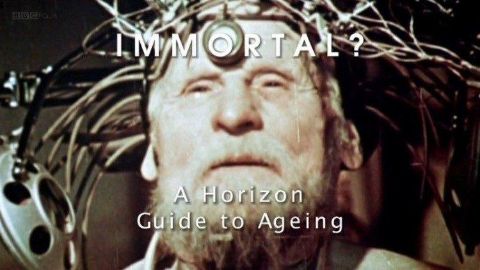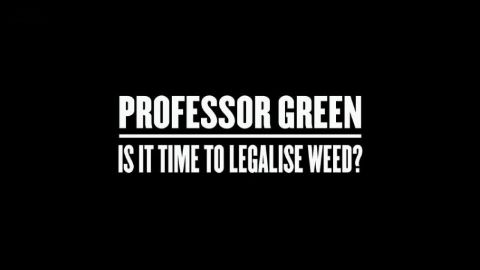Contagion! The BBC Four Pandemic • 2018
The government rates the global outbreak of a deadly flu virus as a major threat to the UK. It could happen at any time. To predict the impact of the next pandemic more accurately than ever before, new data is needed - and lots of it. Dr Hannah Fry is on the case. She sets out to recruit the nation to download the BBC Pandemic app in a ground-breaking experiment to help plan for when the next deadly virus comes to the UK. How quickly will it spread? How many could it kill? What can we do about it? The BBC Four Pandemic experiment will find out. Hannah masterminds the experiment and adopts the role of Patient Zero by walking the streets of Haslemere in Surrey to launch the outbreak. Meanwhile, emergency physician Dr Javid Abdelmoneim finds out why flu is still such a danger to society a century after Spanish flu killed up to 100 million people worldwide. He meets researchers trying to discover what makes some people more contagious than others and visits a factory that will produce vaccine when the next pandemic flu virus emerges. Armed with the information he gathers and the results of the BBC Four Pandemic experiment, Hannah and Javid make a shocking revelation.
Make a donation
Buy a brother a hot coffee? Or a cold beer?
Hope you're finding these documentaries fascinating and eye-opening. It's just me, working hard behind the scenes to bring you this enriching content.
Running and maintaining a website like this takes time and resources. That's why I'm reaching out to you. If you appreciate what I do and would like to support my efforts, would you consider "buying me a coffee"?
Donation addresses
BTC: bc1q8ldskxh4x9qnddhcrgcun8rtvddeldm2a07r2v
ETH: 0x5CCAAA1afc5c5D814129d99277dDb5A979672116
With your donation through , you can show your appreciation and help me keep this project going. Every contribution, no matter how small, makes a significant impact. It goes directly towards covering server costs.





